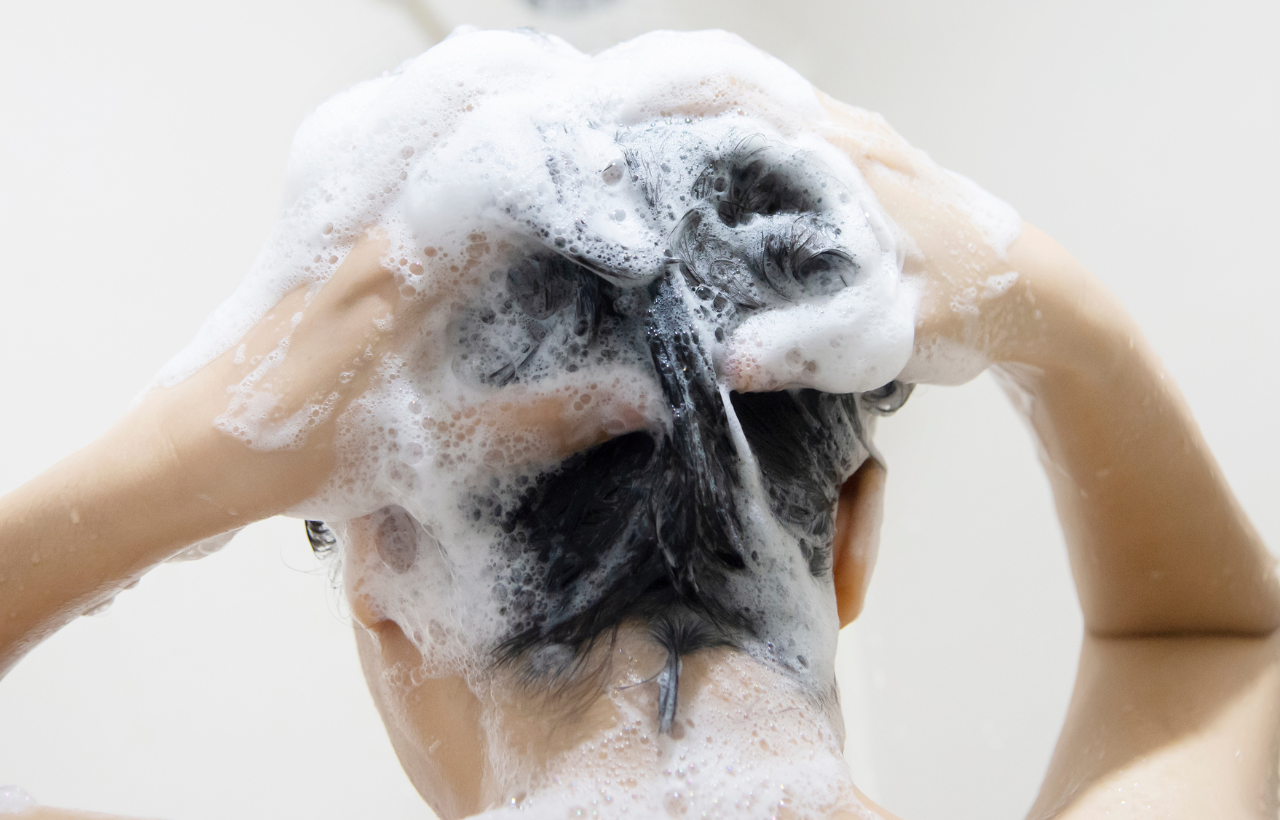Now Reading: The Hidden Truth: Is Shampoo Sabotaging Your Hair?
- 01
The Hidden Truth: Is Shampoo Sabotaging Your Hair?

The Hidden Truth: Is Shampoo Sabotaging Your Hair?
Shampoo’s effect on hair health explained: Uncover how cleansing habits, ingredient choices, and modern formulas can nurture your locks or cause lasting damage.
Table of Contents
Have you ever wondered if the very product you rely on every day to keep your hair clean might also be contributing to damage and long-term problems? Many of us assume that shampoo is purely beneficial—but the truth is more complicated. In this post, we’ll explore how certain ingredients in shampoos can harm not only your hair but also your overall health. Let’s take a closer look and empower ourselves with a little knowledge for better, healthier hair care.
The Science Behind Shampoo
Shampoo’s primary role is to cleanse by removing dirt, excess oil, and product buildup from your scalp and strands. To achieve this, manufacturers incorporate a variety of cleansing agents and additives that create the luxurious lather we love. However, these ingredients aren’t all benign. Some formulations are harsh enough to strip away your hair’s natural moisture barrier and protective oils, leading to dryness, frizz, and even breakage. Balancing effective cleaning with the preservation of delicate hair fibers is key to maintaining a healthy head of hair.
Ingredients to Avoid for Hair Damage
1. Sulfates
Sulfates such as sodium lauryl sulfate (SLS) and sodium laureth sulfate (SLES) are potent detergents that create a rich, satisfying lather.
- What They Do: They work by breaking down grease and oils, ensuring your hair feels fresh after washing.
- Why They Harm: This strong cleansing action can be too aggressive for your hair. By stripping away natural oils, sulfates leave your cuticle—the protective outer layer of your hair—exposed. Over time, this results in dryness, increased friction between hair strands, frizz, and susceptibility to breakage. For people with color-treated or fragile hair, the repeated use of sulfate-laden shampoos can compromise hair integrity and vibrancy.
2. Short-Chain Alcohols
Not all alcohols are bad for hair, but short-chain alcohols like ethanol and isopropyl alcohol can create more harm than good.
- What They Do: These alcohols help shampoo formulations dissolve ingredients and create a desirable texture.
- Why They Harm: Unfortunately, they also evaporate quickly, pulling moisture right out of the hair. The result? Over time, your hair becomes dehydrated, leading to a dull appearance, frizz, and a higher chance of breakage. For those with naturally dry or brittle hair, this is especially problematic.
3. Silicones (in Certain Cases)
Silicones like dimethicone are often included to provide silky smoothness and shine—at least initially.
- What They Do: They coat your hair, temporarily smoothing the cuticle and diminishing frizz.
- Why They Harm: With regular use, silicones can build up on the hair shaft. This buildup forms a barrier that not only weighs your hair down but also prevents moisture and nourishing ingredients from penetrating the strands. Over time, the lack of true hydration can lead to brittle, lifeless hair that’s more prone to damage once the film is removed.
Ingredients to Avoid for Overall Health
While protecting your hair is important, what goes into your shampoo might also affect your body internally. Consider avoiding these ingredients for your overall well-being:
- Parabens: These preservatives extend shelf life but have been linked to potential hormone disruption.
- Phthalates: Often concealed within synthetic fragrances, phthalates can act as endocrine disruptors.
- Formaldehyde-Releasing Preservatives (e.g., DMDM Hydantoin): These compounds help prevent microbial growth but may release small amounts of formaldehyde, a known irritant and possible carcinogen.
- Synthetic Fragrances: These mixes of undisclosed chemicals can cause skin irritation and may trigger allergies in sensitive individuals.
Using products free of these ingredients not only supports the health of your hair but also helps safeguard your overall wellness.
How to Choose a Safer Shampoo
Navigating the world of hair care can be overwhelming, but a few mindful practices can make a big difference:
- Read the Labels: Look for shampoos that proudly state “sulfate-free,” “paraben-free,” or “phthalate-free.”
- Embrace Natural Formulas: Opt for products formulated with gentle, natural ingredients like aloe vera, argan oil, or tea tree oil that nourish hair without striping it of its essential oils.
- Match Your Hair Type: Whether your hair is dry, oily, or color-treated, ensure your shampoo is specifically designed for your needs to maintain its natural balance.
- Stay Informed: The beauty industry is continually evolving. Keep an eye on new research and expert reviews to make the best choices for your unique hair care regimen.
Key Takeaways
- For Hair Health:
- Sulfates remove natural oils, weakening your hair’s protective barrier.
- Short-chain alcohols accelerate moisture loss, leaving hair dehydrated and brittle.
- Silicone buildup may initially enhance shine but eventually prevents proper hydration.
- For Overall Health:
- Be cautious of parabens, phthalates, formaldehyde-releasing preservatives, and synthetic fragrances in your shampoos.
- Mindful Choices: Educate yourself on the ingredients and tailor your hair care routine to support both the beauty and health of your locks.
Conclusion
Your daily hair care routine should nurture and protect your crowning glory, not contribute to its deterioration. By understanding the science behind shampoo and recognizing the specific ingredients that can damage your hair and overall health, you empower yourself to make wiser choices in your beauty regimen. Take a moment to read those ingredient lists next time you shop, and let your journey toward healthier hair begin with informed decisions. After all, a mindful routine today leads to beautiful, resilient hair tomorrow.











